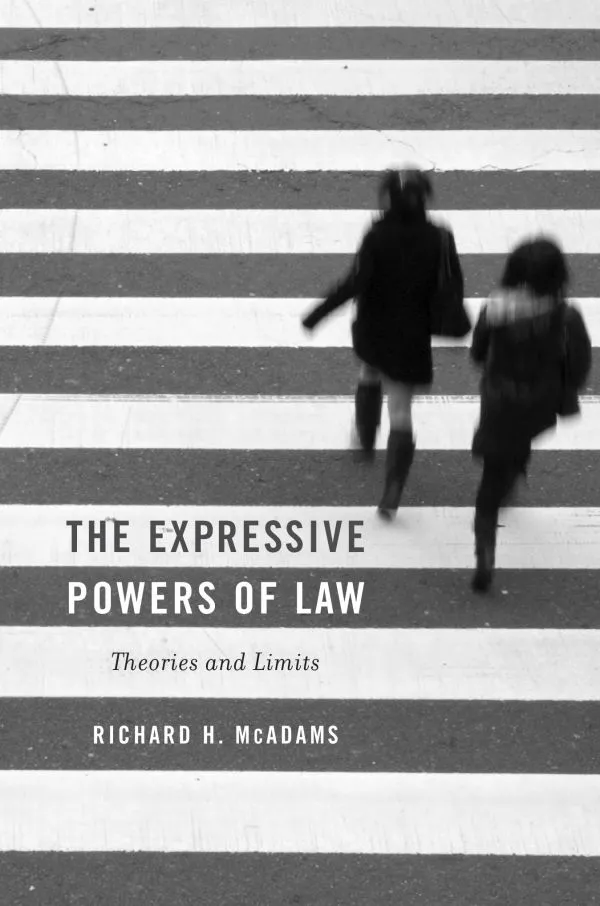Why Do People Obey the Law?

In the first Chicago’s Best Ideas lecture of the new year, Professor Richard McAdams addressed a question that has been debated by economists, philosophers, sociologists, and — in a new book due out next month — McAdams himself.
Why do people obey the law?
Economists credit deterrence, saying that legal sanctions influence behavior, and sociologists point to legitimacy, the idea that people obey the law because they see it as a legitimate authority.
But that’s not the whole story of compliance, McAdams argues — and at the packed CBI, he shared his two theories of how the law works expressively: by allowing people to coordinate and by signaling new information and beliefs. McAdams, who has explored these ideas in journal articles for more than a decade, explains them in depth in The Expressive Powers of Law: Theories and Limits, which will be released by Harvard University Press in February.
“Compliance is important, so we really should try to understand all the mechanisms by which law influences behavior,” said McAdams, the Bernard D. Meltzer Professor of Law and Aaron Director Research Scholar.
The coordination theory, McAdams told the CBI audience, says that law works as a focal point to help people avoid conflict or other undesirable situations. One example is a one-way traffic sign, which “we could imagine working without sanctions or legitimacy, because you would be a fool to ignore it,” he said. “You see the one-way sign, and you know other people see the one-way sign, and you expect that there’s a chance you’ll have a head-on collision if you go the wrong way. Your reason to obey the one-way sign is independent of sanctions or legitimacy — it’s simply to coordinate with people.”
But law also works expressively by signaling information about risk or public attitudes that causes people to update their behavior.
“People take the beliefs of others as input into their own beliefs,” McAdams said. “And changing their beliefs can cause them to change their behavior.”
For example: a new smoking ban might reveal a rising disapproval of cigarette smoking, and it might also reveal that lawmakers now believe it’s harmful.
“Either of these could change behavior,” McAdams said. “If I’m a nonsmoker, I might be willing to bear more of a cost to avoid secondhand smoke, and that might include confronting smokers. And if I’m a smoker, and I think that secondhand smoke is more harmful than I used to, then I might expect more confrontation if I don’t give in.”
He also addressed the limits of the expressive theories.
“In the smoking dispute, the theory works when you have two people who consider the worst outcome to be an altercation,” he said. “But, that’s not everybody. There are people who are happy to get in a shouting match. For those people, this theory would clearly not apply. They are not seeking to coordinate — they have a single strategy that is best, regardless of what the other side does. That’s why you need sanctions or legitimacy.”
